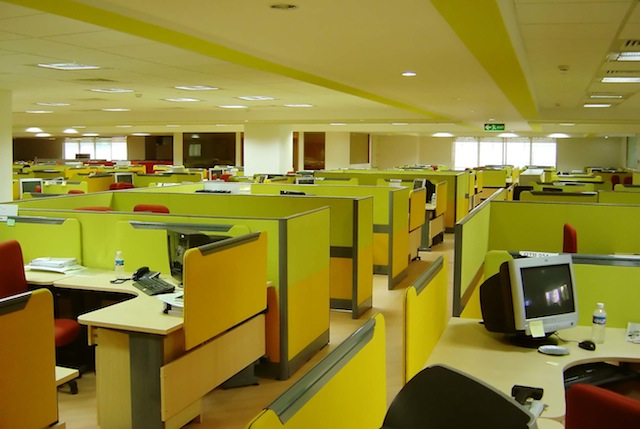“The sincerest form of flattery is that customers will pay,” says Alex Bard, the San Francisco based CEO of Campaign Monitor, an email marketing platform originally out of Australia.
Two years ago we spoke to Bard who at the time was Salesforce’s Vice President for Service Cloud and Desk.com. Since then he left the cloud CRM giant to run the global of expansion of Campaign Monitor. We caught up with him again today at the company’s San Francisco offices.
Campaign Monitor is an interesting company in that unlike most tech startups it has been cashflow positive from its early days and when it did take investor money, half the funds were raised from private equity rather than venture capital funds.
“Because the financing climate in Australia wasn’t as fertile here in the United States – and San Francisco specifically – until recently, you have a whole crop of tech companies that have been built differently. From day one they’ve been focused on economics and business fundamentals.”
Bard sees this focus on bootstrapping and cashflow as being an advantage in the current funding climate where suddenly unlimited amounts of VC money can no longer be assumed.
It could turn out more conservative companies are better fixed to weather the coming investment drought than today’s unicorns.




